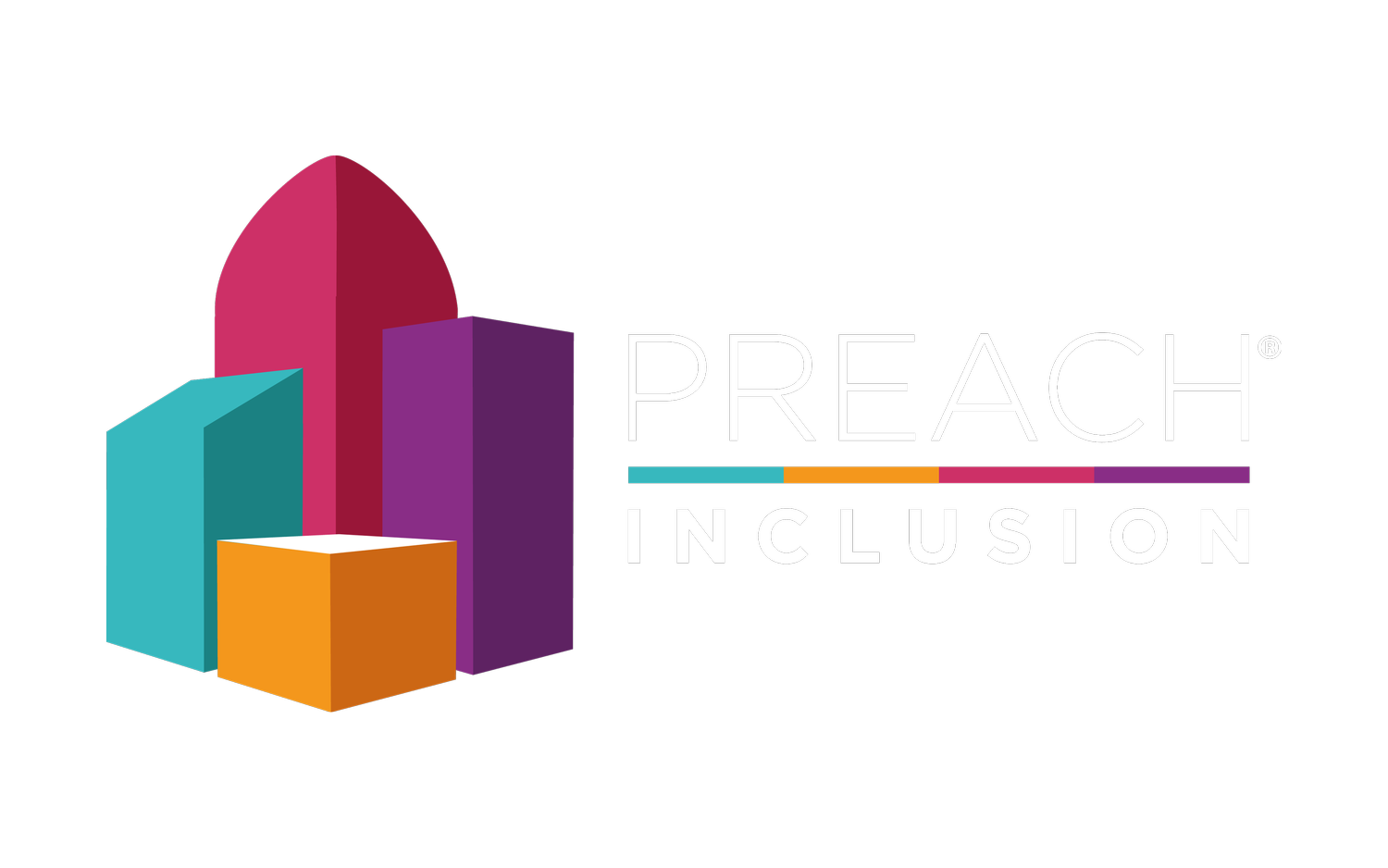2020 was bad, here's how you can start 2021 on the right foot
Please note that this article was published prior to the new brand name of PREACH Inclusion® on 25 April 2024, so you will notice references to BAME in Property.
To say that 2020 was an eventful year is a bit of an understatement. Not only did COVID-19 wreak havoc globally, it also seemed to have a disproportionate impact on BAME populations. Furthermore, the killing of George Floyd led to many conversations about the lack of diversity and inclusivity in the workplace and the property sector has not been exempt from this. Given how essential property is to our everyday lives, it seems to me that the property sector is in a prime place to advocate for and take on the challenge of improving inclusion in their industry. But how?
- Looking outside of our usual networks – stop hiring in your own image
According to Bisnow's 2019 survey on Racism, less than 10 percent of people currently working in the built environment identify as BAME, so though it is often the case that many people want to hire in their image, it is vital that those hiring make the effort to look outside of their usual networks and actively search for people from different backgrounds. Not only do organisations who are diverse tend to be more successful but it would also give people the opportunity to share new perspectives and ideas that you don’t already have. Ultimately, hiring outside of your usual circles helps to improve the pipeline for younger BAME professionals.
- Provide support for people already in your organisation
Whilst the percentage of BAME people working in the built environment is low, it is important to provide support opportunities for those colleagues. This could be an internal network for staff such as British Land's REACH (Race, Equality and Celebrating Heritage) Network, or an external network such as BAME in Property or DiverseCity Surveyors. These networks can also provide support for more junior staff who might benefit from building connections with older and more experienced BAME professionals who are in a better position to help to advocate for changes in an organisation. By making this investment, it is a good step in showing that you are committed to supporting your colleagues and are willing to be held to account.
If you can’t see anyone who looks or sounds like you, then you might not even apply because it could look like there isn’t a space for someone like you.
- Make your marketing more inclusive
When applying for a new job, most people will look at an organisation’s website and marketing material to see how diverse the organisation is and whether they could see themselves fitting in. But if you can’t see anyone who looks or sounds like you, then you might not even apply because it could look like there isn’t a space for someone like you. To change this, companies need to make an effort to ensure that this literature is inclusive and doesn’t just highlight colleagues who are white and with similar academic backgrounds but to also highlight a variety of traditional and non-traditional backgrounds and experiences as BAME professionals, so that people can see a place for them to fit in and succeed.
If the Property sector is going to become more inclusive, then they will have to remain accountable and commit to making changes that might not necessarily see immediate change. The sector will be all the better for it.
By Denean Rowe
Denean is Senior Development Officer at Centre for London, managing partnerships for their research projects and events. Prior to this, Denean worked as a Researcher for the Executive Search team at Badenoch & Clark. She focused on identifying new opportunities for business growth in economic development, regeneration and education in London. Outside of work, Denean’s interests are the relationship between the built environment and mental health and urban design in London.

![00100srPORTRAIT_00100_BURST20200727130606146_COVER_2[1].jpg](https://images.squarespace-cdn.com/content/v1/5ccaf0a677b903cf468a454f/1611234225140-V8UPZAV82DXO8J5Y556Y/00100srPORTRAIT_00100_BURST20200727130606146_COVER_2%5B1%5D.jpg)